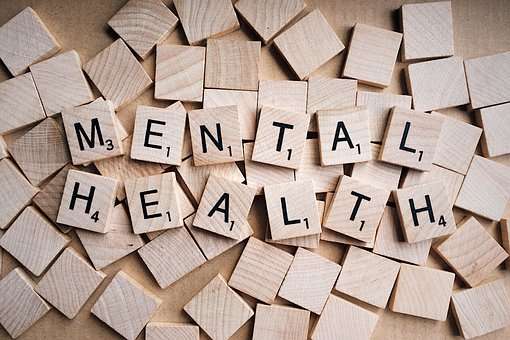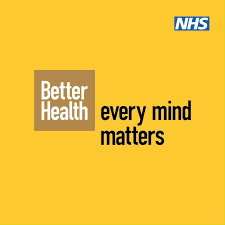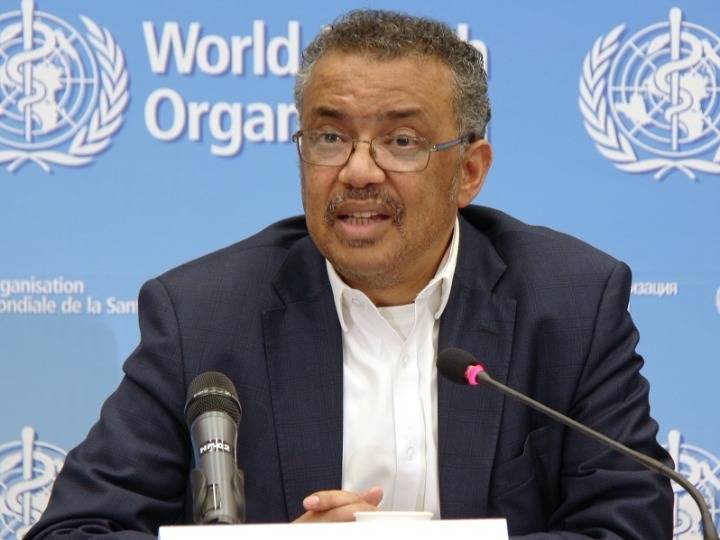New campaign launched after half of all adults and almost two-thirds of South Asians in England say pandemic negatively impacted their mental health. The first campaign was launched by the Office for Health Improvement and Development (OHID) will help adults improve their mental wellbeing. The campaign backed by mental health organisations – Taraki, The Heera Foundation and Sharing Voices
South Asians are urged to find “what works for me” to support their mental wellbeing as the Office for Health Improvement and Disparities (OHID) launches the latest Better Health – Every Mind Matters (EMM) campaign.
The campaign empowers people to look after their mental health by directing them to free, practical tips and advice. By answering five simple questions through the Every Mind Matters platform, people can get a tailored “Mind Plan”, giving them personalised tips to help deal with stress and anxiety, boost their mood, sleep better and feel more in control.
New research commissioned by OHID reveals nearly half (49%) of adults and almost two-thirds (59%) of South Asians in England said the COVID-19 pandemic had a negative impact on their mental wellbeing. And more than a third of all adults in England (15.1 million) said they did not know what to do to help improve their mental wellbeing.
Pakistani and Bangladeshi adults reported struggling the most, with 60% saying their mental wellbeing was negatively impacted by the pandemic, closely followed by Indian adults at 57%. South Asian adults were also more likely to say they have experienced worry and anxiety, 59% of Pakistanis and Bangladeshis and 54% of Indians, compared to 45% of the general public.

Encouragingly, South Asians were more likely to look for support and advice to help with their mental wellbeing than the general public – 74% of Pakistanis and Bangladeshis, 70% of Indians compared to the general public (47%).
This is the first campaign delivered by the new Office for Health Improvements and Disparities which was launched on 1 October with the aim of tackling health inequalities across the country.
Minister for Care and Mental Health, Gillian Keegan, said: “The public showed great resilience throughout the pandemic, but it has served as a stark reminder that we all need to look after ourselves not only physically, but mentally. There are simple steps we can all be taking to improve our mental wellbeing and reduce feelings of stress and anxiety. For anyone who is unsure what they can do, I urge you to visit Every Mind Matters and take advantage of the expert advice and practical tips available to you.”
Over 3.4 million individual Mind Plans have already been created since the campaign was first launched in October 2019.
The campaign is supported by a coalition of leading mental health charities and community organisations, including, CALM, The Mental Health Foundation, Mental Health Innovations, Taraki, The Heera Foundation and Sharing Voices. Also a range of commercial, third-sector, NHS and Local Authority partners, who will share mental health messages with their customers, members and colleagues, including Mental Health First Aid, Carers organisations and more.

Dr. Chirag Gorasia (Clinical Psychologist), says: “The mental health of the South Asian community has been hard hit by the pandemic, but thankfully there are some simple steps we can all take to improve our mental health. Whether it’s hobbies like, going on walks, reading, gardening or practicing mindfulness and yoga, there are simple, low-cost tools out there to get you through challenging times. A great first step is to answer the five quick questions to generate your Mind Plan on the Every Mind Matters site.”

Pavandeep Johal, The Heera Foundation, an organisation that provides support to people with mental health issues in the community, says: “It’s very encouraging to see that South Asians are more likely to seek support and advice to help with their mental wellbeing given that we know that cultural and religious beliefs can sometimes make it challenging for some members of the community to seek help.
“The reality is that with the pandemic we have all experienced some form of stress, anxiety or a low mood at some point so it’s so important that we continue to signpost people to the support available and help people find ways to manage their mental wellbeing.”
Better Health – Every Mind Matters offers information and videos to help young people look after their own mental wellbeing, and will be promoting them through social media channels and in schools. The Every Mind Matters website also provides dedicated support to help parents and guardians look after the mental wellbeing of the children and young people they care for.
Search Every Mind Matters to see what works for you.




